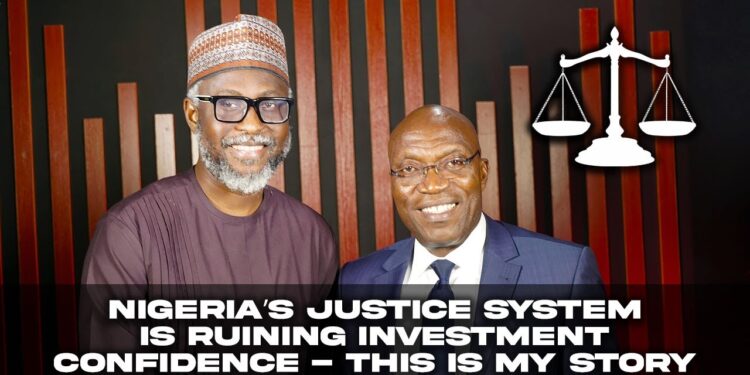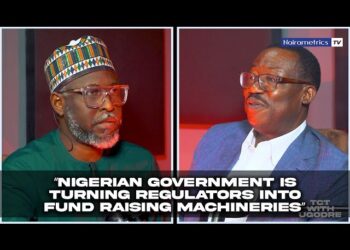On a gripping episode of Talknomics, Johnson Chukwu, the seasoned CEO of Caras, delivered a sobering reality check on Nigeria’s economic future. While the government touts a $1 trillion economy by 2030, Johnson calls it what many are afraid to say out loud: a fantasy.
At 5 percent growth, he explained, it would take Nigeria over 30 years to hit $1 trillion. That, in his view, is not planning; it is posturing.
Beyond the slogans, he pointed to the real barriers: a failing justice system, weak enforcement, and a government that refuses to take responsibility. He shared how his company won a court case after being defrauded in 2011. Fourteen years later, they still have not recovered the funds. Even when the convicted individual repaid the money through the EFCC, the agency held on to it for over a year. Johnson questioned how any investor could feel confident in such an environment.
He also questioned the practicality of recent reforms. While the SEC Act, the Data Protection Act, and various tax reforms look promising on paper, he argued they are meaningless without enforcement.
He dismissed the $1 trillion goal as a political gimmick and asked where the actual growth would come from. Agriculture is crawling at 1 percent, mining contributes less than 1 percent of GDP, and oil production has not seen meaningful improvement in years.
In the oil sector, Johnson acknowledged that local firms acquiring IOC assets is a step forward. However, he warned that without serious exploration efforts, the country is simply managing a slow decline.
He also addressed the buzz around capital markets. Despite the NGX’s strong performance, he cautioned that it may be driven more by excess liquidity than by real economic growth. Stock prices are rising, he said, but many of the companies behind them have not expanded or improved their business fundamentals.
On cryptocurrency, Johnson remained cautious. He said he is not opposed to it, but as someone from an older generation, he prefers to fully understand the fundamentals before investing.
Turning to bank recapitalisation, he raised concerns about where the new funds would actually go. Most of the key sectors with significant GDP weight are barely growing. Without a better investment climate, he warned, much of the capital may simply flow into government bonds rather than the real economy.
His final message was clear. Nigeria does not lack ideas. It lacks discipline, accountability, and execution.
For more honest and in-depth analysis, watch the full episode now on Nairametrics TV on YouTube.






















